
Turkey is home to one of the world’s most expansive vineyard areas, ranking fifth globally. However, only 3% of the country’s annual grape harvest is used for winemaking. With evidence of grape cultivation dating back millennia (9,500–5,000 BCE), Turkey's rich viticulture history has made it a significant contributor to the global wine industry. Turkey's vast geographical diversity, from the Mediterranean warmth in the west and south to the cooler continental climates of the center and east, produces an extensive range of wine styles.
Acıkara is quickly becoming one of the most exciting native grapes in the Turkish wine industry. The wine it produces is known for its fresh acidity, complex structure, and bold fruit aromas. As a thin-skinned grape, it contributes to light to medium-bodied wines with vibrant fruit flavours, and its pale skin impacts the wine's tannin and acidity levels. With notes of black pepper, black tea, leather, and hints of oak, Acıkara has a unique nose and flavour profile that distinguishes it from other Turkish varieties.
This medium-bodied wine offers a harmonious balance between acidity and tannin, making it an excellent pairing with traditional Turkish dishes, such as eggplant-based meals, light to medium cheeses, and roasted vegetables. Acıkara’s vibrant fruit notes—including strawberry, blackberry, and pomegranate—make it versatile enough to be enjoyed on its own or paired with food.
Acıkara's structured yet approachable nature, with its medium acidity and rich fruit flavours, makes it an ideal wine for various food pairings. Its peppery, spicy undertones, combined with the juiciness of cherries, plum, and blackberry, make it a suitable companion for Turkish cuisine. Acıkara wines also exhibit subtle tobacco, cigar box and vegetal notes, which add an intriguing complexity to their tasting experience.
Beyond food pairings, Acıkara wines are noted for their distinctive, quirky cork aromas, which contribute to their unique character and taste. These wines can be enjoyed with spirits and light cheeses, offering a refined and multifaceted taste.
Turkey is home to over 1,435 native grape varieties, making it a treasure trove for winemakers seeking to explore lesser-known grapes. Many of these varieties are cultivated on old vines, contributing to the unique characteristics of Turkish wines. Notable native varieties include Aküzüm, Gök, Hasandede, Mezron, Kerküş, Sıdalan, Acıkara, Foça Karası, Karalahana, and Merzifon Karası. These grapes produce a wide range of wines, from thin-skinned whites to thick-skinned reds, depending on the varietal.
Among the endangered grape varieties that are being revived, the Acıkara grape stands out. Known for its thick skin and high tannins, Acıkara is capable of producing medium-bodied wines with intriguing black pepper aromas, complemented by flavours of black cherry, plum, pear and blackberries. Acıkara, like other native grapes, has recently been rediscovered by producers looking to highlight Turkey’s viticultural wealth.
Turkish wines, including those made from Acıkara, are increasingly available in international markets such as the UK and US. Major producers like Doluca, Kavaklıdere, and Paşaeli offer a wide range of wines that highlight Turkey’s rich viticultural heritage. The rising interest in native grapes like Acıkara is driving demand for Turkish wines abroad, with many retailers and online platforms offering a selection of these unique wines.
Turkey’s rich assortment of over 1,435 native grape varieties presents a remarkable opportunity to bring endangered varieties back into the spotlight. The Acıkara grape, in particular, is garnering attention for its ability to produce wines with medium acidity, strong fruit flavours, and a touch of spice.
The Özkan family, known for their efforts to propagate these rare grapes, is focusing on Acıkara in their production. This grape variety is notable for its deep blue-black colour, high tannins, and the capacity to create full-bodied wines with black pepper aromas, pomegranate, and black cherry flavours.
Turkey boasts a rich and ancient history of winemaking, with roots stretching back to around 9,500-5,000 BCE in Southeastern Anatolia. This long-standing tradition is deeply intertwined with the country’s unique geography and climate, which have fostered the cultivation of a diverse array of grape varieties, many of which are native to the region. In fact, Turkey is home to over 1,435 grape varieties, with many more waiting to be discovered.
The history of Turkish wine is closely linked to the country’s cultural and religious heritage. During the Ottoman era, spanning from the 14th century to 1922, alcohol was generally prohibited. However, non-Muslim communities were permitted to manufacture and trade it, leading to a thriving wine industry in certain regions, particularly in the Aegean and Southeastern Anatolia.
Significant changes swept through the Turkish wine industry beginning in the early 20th century. The emergence of the country’s first boutique vineyards in the 1990s marked a turning point. These vineyards began planting international grape varieties and producing high-quality wines, propelling Turkish wines into the spotlight both domestically and internationally.
Today, Turkey’s wine industry is flourishing, with over 185 wine producers and a growing focus on cultivating native grape varieties. The country’s unique terroir and climate allow for the production of a wide range of wine styles, from crisp and refreshing whites to full-bodied and complex reds.
One of the most exciting developments in the Turkish wine industry is the rediscovery of native grape varieties. Many of these varieties, such as the Acıkara grape varietal, were once thought to be extinct but have been revived by dedicated winemakers. These native varieties are not only unique and delicious but also play a crucial role in preserving Turkey’s cultural heritage.
The Acıkara grape variety, in particular, is gaining recognition for its ability to produce full-bodied and tannic wines with a spicy-earthy character. Likya Winery, a family-owned winery in Turkey, has been at the forefront of reviving this variety and producing high-quality wines that showcase its flavor and unique characteristics.
In addition to the Acıkara grape variety, Turkey is home to many other native grape varieties, including Öküzgözü and Boğazkere. These varieties are being cultivated by winemakers across the country, resulting in some truly exceptional wines.
Overall, the history of Turkish wine is a rich and fascinating one, marked by a deep cultural heritage and a passion for winemaking. With its unique terroir, diverse range of grape varieties, and a growing number of talented winemakers, Turkey is an exciting country to watch in the world of wine.
Turkey’s prominent wine regions include Cappadocia, Tokat, Ankara, Elazıg, Diyarbakır, Izmir, and the Marmara region. These regions, with their diverse climates and terroirs, produce wines that reflect the unique environmental conditions of their respective locations. Around 185 wineries are active in Turkey, with a growing focus on native grape varieties like Acıkara. Producers are increasingly looking to revive and cultivate endangered grape varieties to meet rising demand.
Regions like Eastern Anatolia, previously lesser-known for winemaking, are now being discovered for their potential to produce high-quality native varieties. Four main regions—the Aegean, Southeastern Anatolia, Thrace, and Central Anatolia—account for 85% of Turkey’s total wine production.
Turkey’s mountainous terrain plays a significant role in shaping its vineyards. The high altitude, with an average elevation of 1,140 meters above sea level, ensures cool growing conditions, which help preserve fresh acidity in the grapes while allowing extended ripening periods for more complex flavours. The diverse climates across the country, ranging from warm Mediterranean in the west to continental in the east, also contribute to the vast range of wines produced.
The Acıkara grape thrives in these high-altitude vineyards, benefiting from the combination of warm days and cool nights, which enhance its flavour concentration.
Turkey’s wine industry is undergoing a revival, with a growing recognition of the country’s potential to produce exceptional wines from native grape varieties. Acıkara, in particular, stands out for its distinctive aromas, bold fruit flavours, and balanced tannin structure. As the Turkish wine industry continues to evolve, grapes like Acıkara are poised to play a significant role in showcasing the country's rich winemaking traditions.
With its vibrant fruit profile and unique spice notes, Acıkara is truly a rising star in the world of Turkish wines, offering a glimpse into the future of Turkey’s vinous potential.
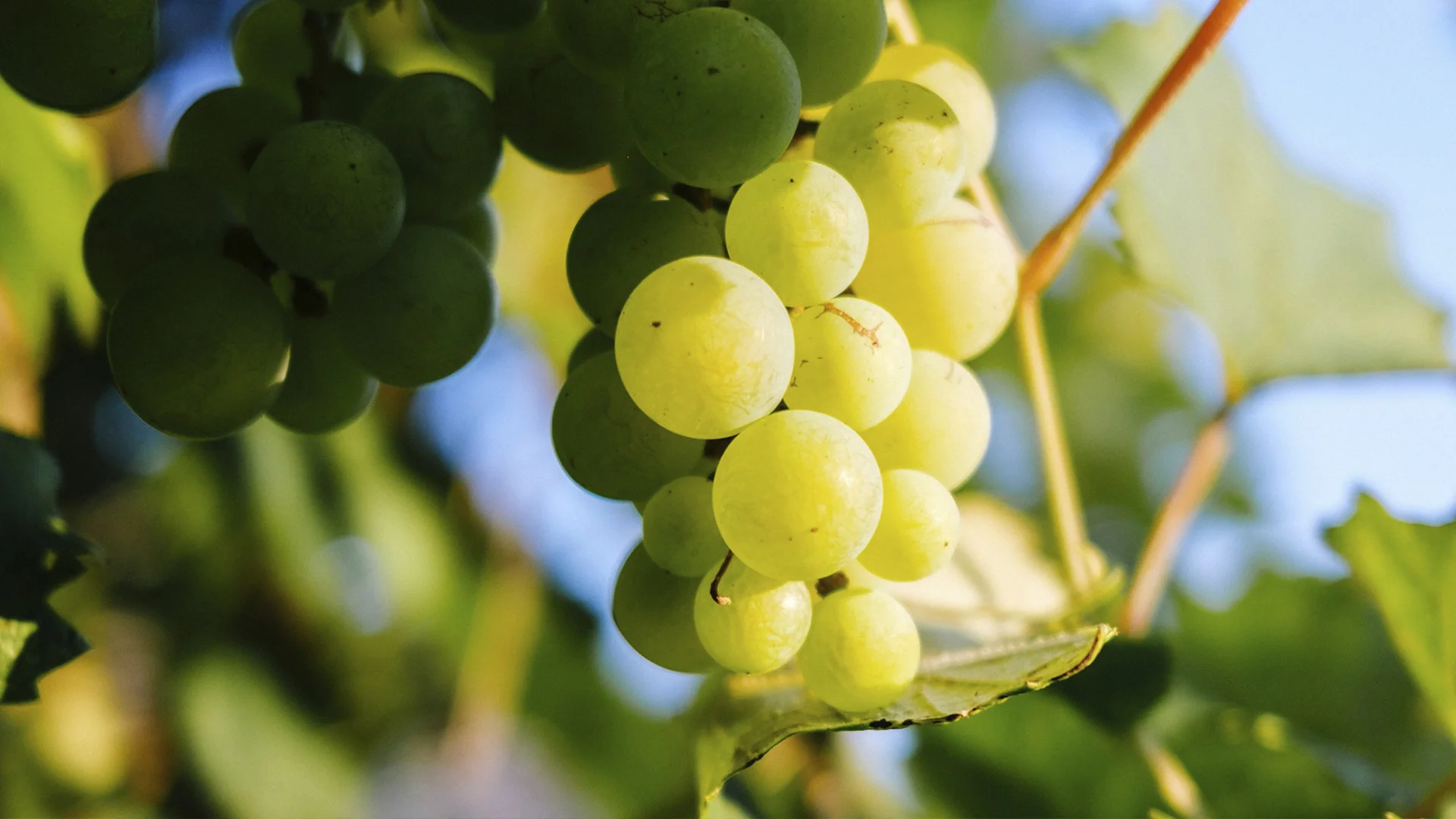
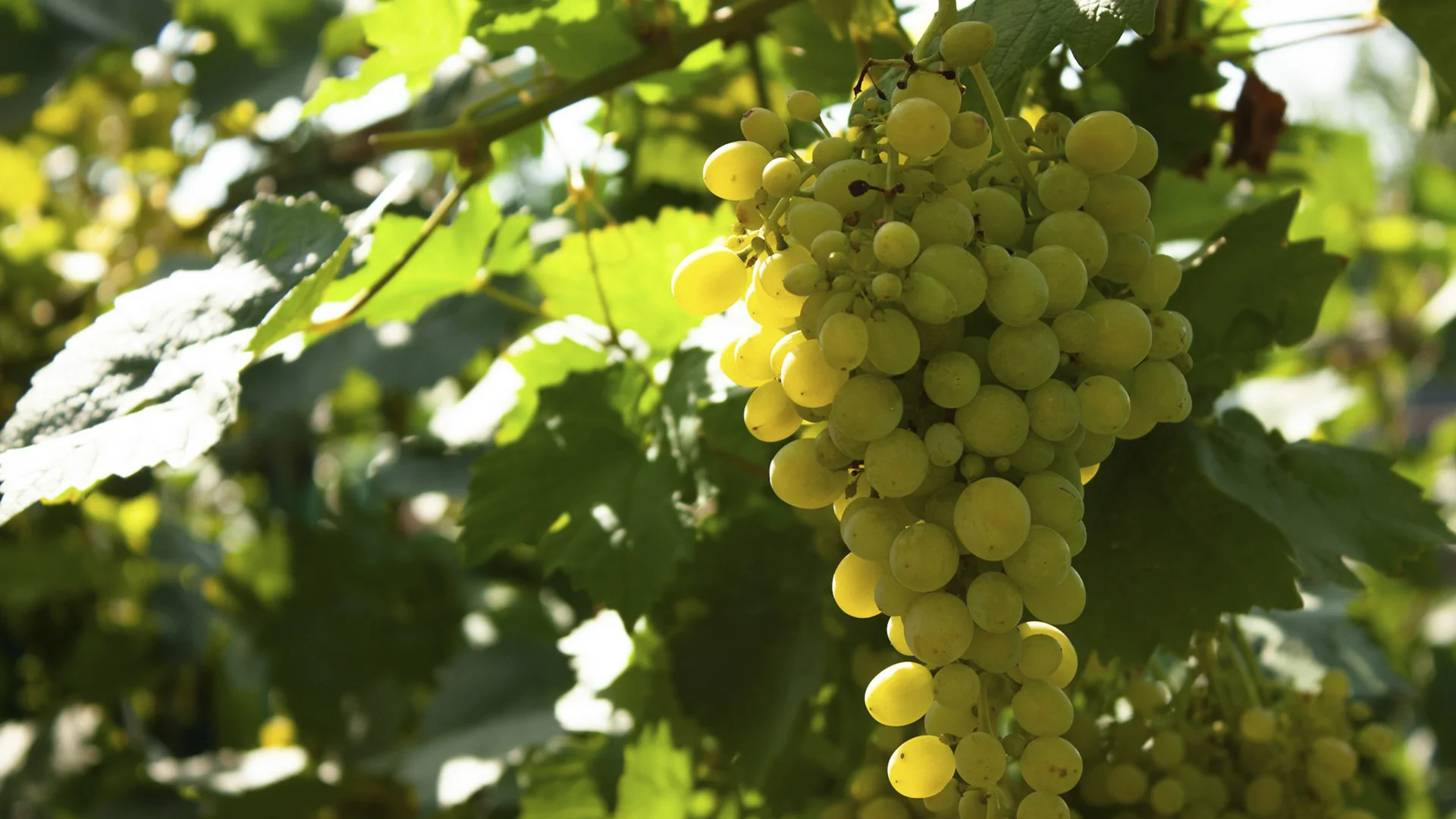
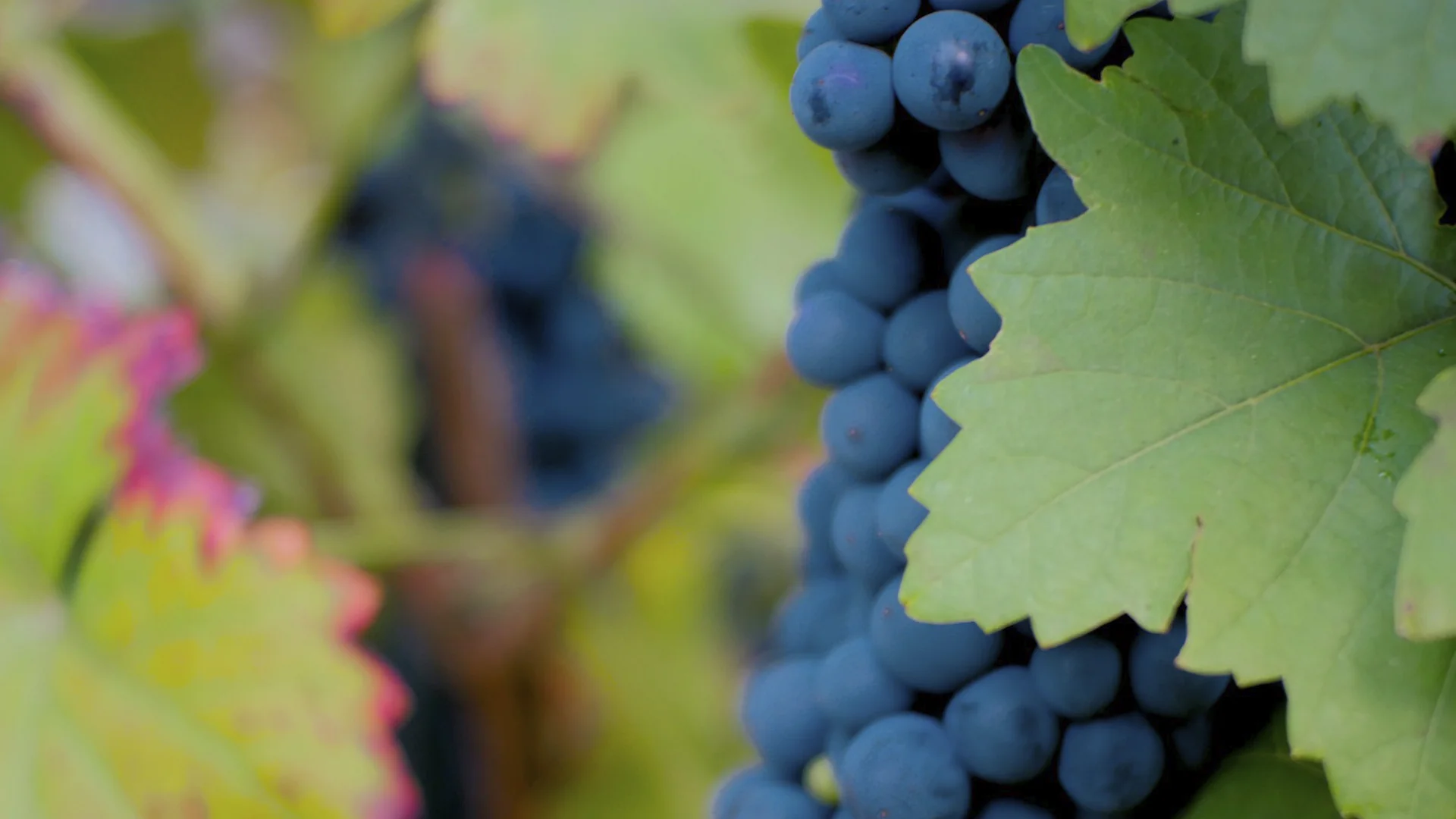
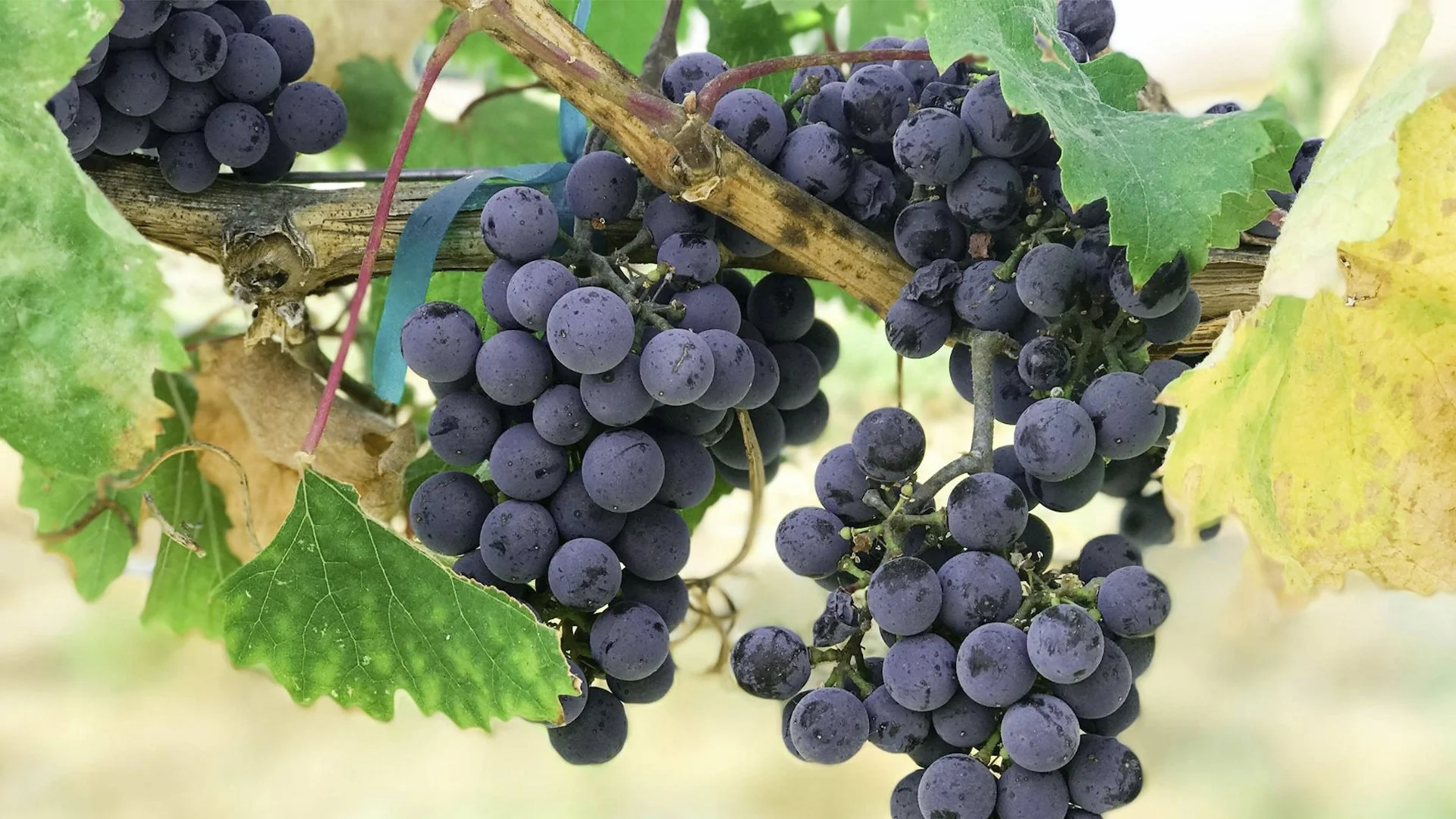
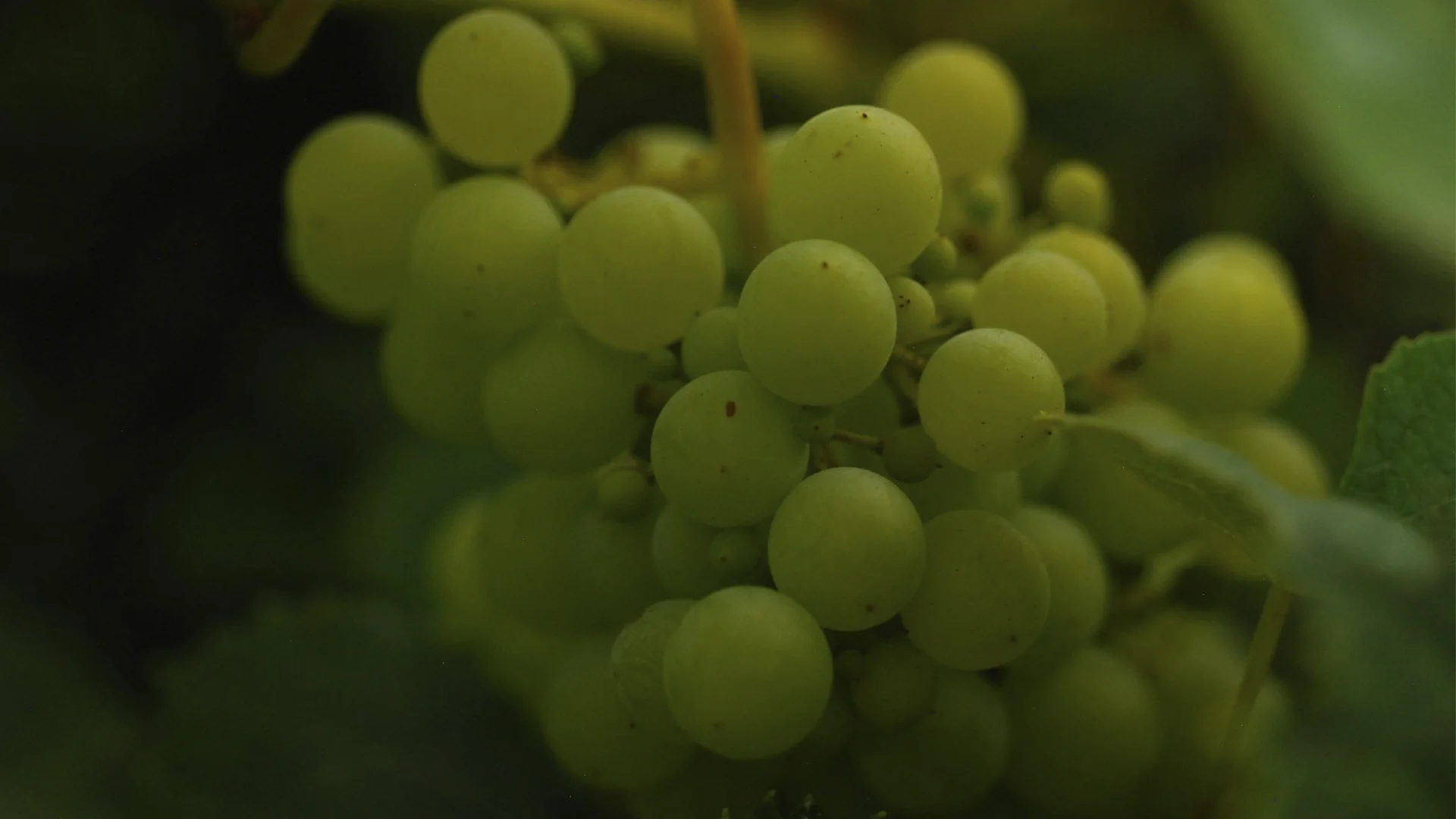
























































































.webp)

.webp)





Are you interested in
collaborating with us?